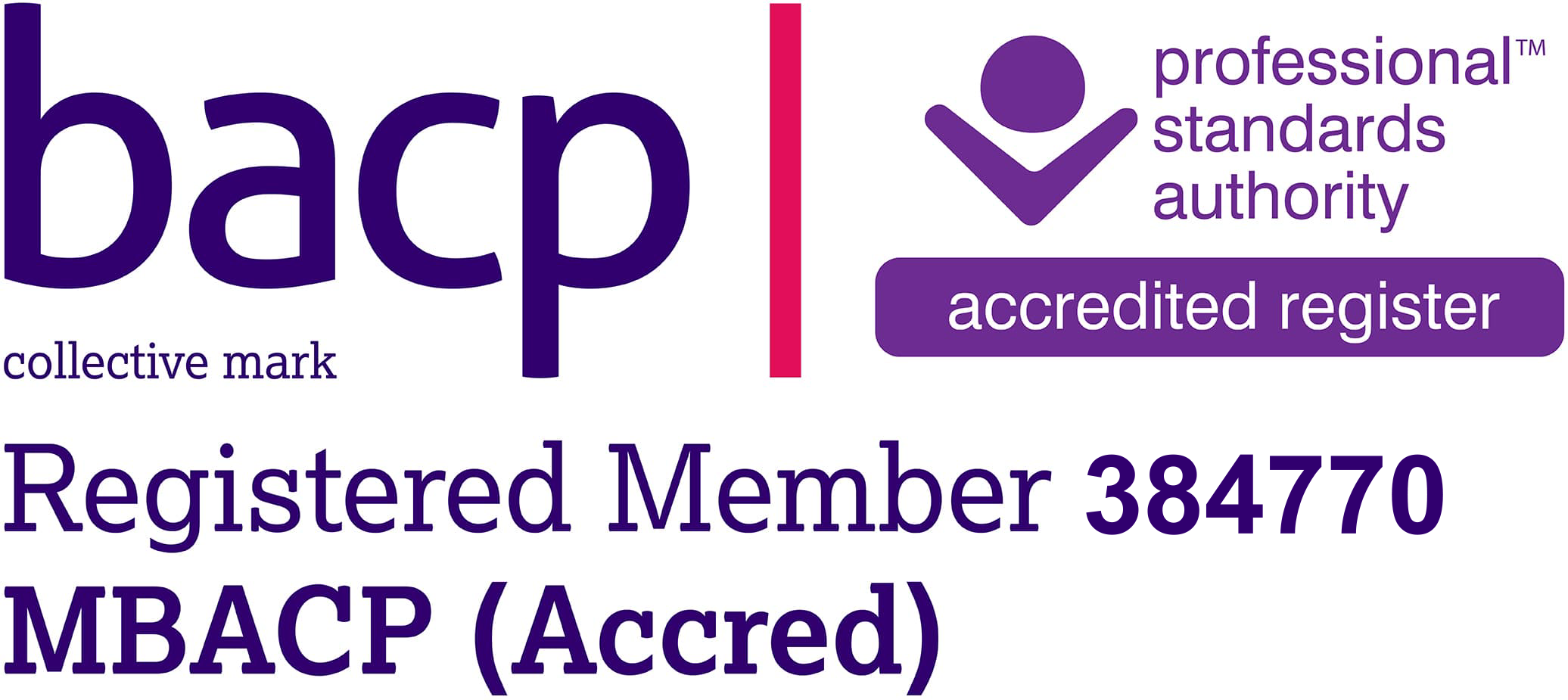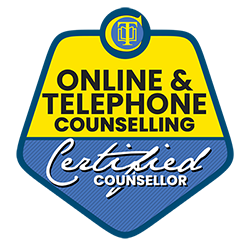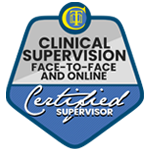About my practice
I describe the type of therapy i offer as Person Centred and Integrative. This means that i hold the therapeutic relationship at the centre of what i offer whilst offering other types of therapy to suite each person i work with. All sessions are in a direction and at a pace which is right for you. I use Internal Family Systems (IFS), Brainspotting and Deep Brain Reorienting (DBR).
IFS
IFS is an evidence-based, trauma informed approach and is one of the safest ways of working with trauma. After working with complex trauma for almost a decade now and having experienced IFS as a client myself, I am yet to find a more beautiful and incredible way of learning about and healing ourselves; and neither have many of my clients.
In IFS, we believe that rather than having one solid personality, we all have a core Self, and parts to our personality. We can say “a part of me feels really anxious right now”, rather than “I’m really anxious right now”. The Self is Calm, Courageous, Curious, Compassionate, Confident, Creative, Connected, has Clarity and Choice; and has always been this way from before we were born. The Self can never be destroyed, no matter what we go through.
A bit like how the Sun is still shining even on a cloudy day when we can’t see it, our Self is always within us. We are born with some parts which we inherited from our parents, and as we go through life, we naturally develop more. Parts can take the form of a thought, feeling, emotion, body sensation, inner voice or image.
There might be a part of you which is sceptical reading this. Perhaps a part which forces you out of bed each morning, even when another part would much rather pull the covers over your head and stay there. Maybe a part puts on a smile to the world, even, and especially, whilst another part feels desperately lonely and sad. What if we have an inner critic who tells us “you messed up again, why can’t you get anything right?”. Or even a part which has a list of tasks to complete and won’t let us rest until we’ve done them all, perfectly. How about a part which scrolls social media at 2am because we can’t sleep, whilst another part is worrying about tomorrow?
Some parts of us are wounded, holding traumatic experiences of abandonment, rejection or terror and are stuck in a time and place still trying to tell their story through flashbacks and nightmares; much to the frustration and panic of other parts (protectors) which try their best every day to keep that pain buried and locked away, in case it bursts out and overwhelms us. When we do feel overwhelmed, more extreme parts which: numb us; zone us out; binge eat; starve us; or harm us in any number of ways might step in to try to stop the overwhelm.
Now for the really amazing part…
ALL PARTS ARE WELCOME. PARTS ARE SO MUCH MORE THAN THE ROLES THEY HAD TO TAKE ON OR THE WOUNDS THEY BARE. ALL PARTS LOVE US AND HAVE THE BEST OF INTENTIONS…even though they can be very, very mis-understood.
By getting to know all of our parts which protect us from the pain we hold, learning about their roles and the ways they try to protect us, we can begin to appreciate them for (often reluctantly) working really hard for us, ultimately healing the wounded parts they protect. In time, this means that our inner critic can become our inner cheerleader, our binge eater can become our nutritionist, our self-harmer can become our self-carer; having been liberated from the extreme roles they had to take on.
What happens?
We can often start by noticing which parts are most active during daily life and how each part might relate to one another. Is there for example, a part which gets angry at others and a part which tries to please them? You choose which part you’d like to get to know first, then we listen with curiosity and compassion. Sometimes, when two parts are stuck in a tug of war with one another, we can bring them together to understand common intentions. We don’t get to know a part unless every other part agrees it’s ok to go there.. We can get to know parts of us by “going inside”; focussing on thoughts, feelings, sensations or images, or by using art, poetry or image cards.
Brainspotting
Where we look affects how we feel. Brainspotting was developed in 2003 by Dr David Grand, who recognized that an eye position can be correlated with a memory or experience; he called this eye position a “Brainspot”. By focussing on this brainspot, we are able to access deep seated emotions, memories or sensations associated with a traumatic experience, allowing our brain and body to follow it’s natural healing process. One study found it to be comparable to EMDR. One big difference between the two being that EMDR is led by the therapist and Brainspotting is led by the client. Another is the precision of Brainspotting and the flexibility of it. This video explains more.
What happens?
First, you let me know what it is you’d like to explore. Next, we might notice a sensation in your body and rate how strong it is on a scale of 1-10. I’ll then use my pointer to locate a Brainspot, or we can work together to find it by noticing how the sensation changes when you follow the pointer with your eyes. If the sensation you notice is very strong, i can use a “resource spot” in various forms to bring down the intensity, so it’s not overwhelming to focus on. We can use music through headphones to help you to process what comes up for you (sensations, images, memories, thoughts etc). You can talk as little or as much as you wish and at no point is there an expectation that you are to describe what you’re experiencing. Wherever your process takes you, i follow by your side.
Deep Brain Reorienting (DBR)
Deep Brain Reorienting is a very recent development in the treatment of trauma and has undergone it’s first randomised control trial (RTC) for the treatment of trauma Rather than working primarily with the narrative, thoughts, images, feelings or body sensations relating to what happened, we work to release the shock first from deep within the brain below conscious processes and throughout the body. By doing this, it prevents overwhelming emotion and re-traumatisation and allows for other aspects of the trauma to be processed naturally.
What happens?
First, we will decide together on an “activating stimulous” (AS); a moment in time, usually a recent one, which grabbed your attention. When we have found the AS, we then go through a short meditation grounding us in where we are in the present moment. I’ll then guide you to notice what happens to the muscles in your forehead, around your eyes or at the base of your skull as you turn towards the AS, or the moment which grabbed your attention. This tension within these areas is what we call the “orienting tension”, or OT. Using this tension as both an anchor to prevent overwhelm, which we can turn back to, and, as a way of “opening the memory file” for processing, we then slow everything right down to notice any fleeting shocks, shudders, tingles, emptying or hollowing within the body. Sometimes, this is all that happens in a session. Other times, we may notice defense responses such as fight, flight or freeze, or memories, images, thoughts or emotions may flow once the shock is cleared. There may be a new shift in perspective, a new self compassion and a reduction in trauma related symptoms.
I can help with
- Trauma resulting from: Rape; childhood sexual abuse or child sexual exploitation; Domestic Abuse.
- PTSD and complex PTSD
- Childhood neglect
- Grief
- Parenting of traumatized children
- Dissociation and dissociative disorders
- Borderline Personality Disorder (EUPD)
- Self esteem
- Anxiety
- Depression
- Anger management
- Pre trial therapy
- Experience working with people aged 16+
I am a Registered and Accredited Member of the BACP; Membership no: 00963635, and as such, adhere to their ethical framework. I provide a service worldwide except for North America and Canada, hold a PgDip in Counselling and Psychotherapy with advanced certificate in supervision. I have completed Level 1 IFS training, phases 1 and 2 in Brainspotting and level’s 1 and 2 in DBR.



